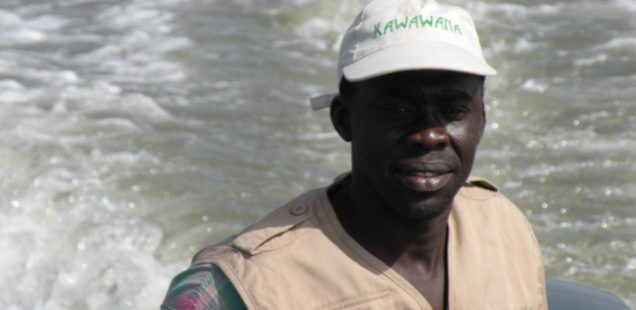
Salatou Sambou: artisan of solidarity at the heart of the ‘good life’ of a fishing community in Casamance (Senegal)
Salatou Sambou has dedicated his life to serving his community Djola, in Casamance, helping it to restore its ‘good life’ and sustainably manage its territory. About 10 years ago, the local territory was still under open access conditions, its natural resources severely impoverished and constantly violated by unregulated fishing and harvesting of oysters and mangroves. Traditional rules had to be forcibly abandoned, as had many of the methods of clan organization that had ensured centuries of successful local governance and management capabilities. The Senegalese state advocated access to the marine-coastal environment by everyone in the country, including motorized fishermen from the north who could easily prey on the resources of small local fishermen from Casamance equipped only with hand-woven nets and dug-out wooden canoes. In a world that sees nature abused and communities abandoned, the spae of self-governance, management and conservation that Salatou has defined with his community, named Kawawana (short in Djola for “our common heritage, which we all must preserve“), has made a difference and opened up entirely new possibilities in the region, and beyond.
Kawawana covers nearly 10,000 hectares of estuarine ecosystem with mangroves that are home to many species of fish, birds, reptiles, manatees, and dolphins. This very rich and ever-changing ecosystem (daily tides, very important seasonal variations…) is of vital use for the food security and the current needs of more than 12,000 people in the 8 villages of the rural municipality of Mangagoulack. Thanks to his community mobilization skills, but also to the recognition of his sincerity, honesty and know-how in diplomacy and political advocacy, Salatou Sambou succeeded in facilitating the consensus and commitment of his entire community, but also in obtaining legal recognition of their living territory as a Community Conserved Area (CCA).
Since 2010, recognition by municipal and regional authorities and by the Senegalese government’s Ministry of Fisheries has allowed the community to govern and manage its own CCA – an unprecedented example in Senegal and in the entire West African region. During these ten years, voluntary work of space surveillance and ichthyological and socio-economic monitoring has demonstrated the effectiveness of the community organization and solidarity established in the field, in the villages and throughout the territory of life. The groups of male fishermen and female oyster collectors have been strengthened and the local volunteers involved in monitoring – men who are truly poor – have themselves paid to be trained and become para-official auxiliaries for monitoring Kawawana. In all of this, Salatou has almost always spearheaded the initiatives. Even after the first successes, on the other hand, he remained vigilant and active, for example, geographically expanding Kawawana to the land part of the territory of life. Already early on, just after Kawawana’s official declaration, he was busy securing a project to rehabilitate some of the community’s traditional anti-salt dams. He promoted other mangrove reforestation initiatives and saved the community forest from the charcoal production that the “politicians” wanted to do. This last “work” of Salatou Sambou is worth knowing a little about as an example of his abilities as a very discreet political organizer… Having learned of the probable destructive and polluting commercial exploitation of the community forest, Salatou gathered information from Europe and Canada on this type of activity and its consequences. Over several nights, he secretly went to speak with the chiefs of each of the eight villages in the community to convince them to attend the municipal council meeting where the decision would be ratified. When the time came, all the chiefs were there, sitting in the front row, looking the mayor in the eye. There was a stunned silence and the mayor could not even find the courage to open the discussion on the issue of the charcoal production permit in the Mangagoulack forest…
The results obtained by Kawawana for the benefit of the Mangagoulack community, and beyond, are on the environmental, food and health, economic and especially community solidarity levels. All these results have been favoured by a strong and constant communication of Salatou Sambou, especially through participatory radio programs—that is, with the audience intervening online and participating in the discussion. Also of note is that the efforts of Salatou, his fishermen’s association and entire community in Mangagoulack have served as a model for neighbouring communities and beyond throughout Senegal. Today, a network of 27 territories of life are gathered in the National Association of ICCAs of Senegal (ANAPAC Senegal) is the fruit of these efforts, and Kawawana radiates far beyond.
If we were to summarize Salatou Sambou’s work, we could say that he is the architect of the return of the good life in the villages of his community. He had a clear vision of the problems, the options for solutions and the actions to be taken to revive and revitalize community solidarity and react to external threats. He took upon himself the responsibility for his territory, with its biodiversity and the humans who inhabit it, and by doing so, he not only improved his environment and the lives of his loved ones but also inspired many communities to mobilize to fight against threats to the natural environment and the disruption of their communities. While it is true that Salatou has received support and recognition from outside, it is also true that he has earned it and that his efforts and those of his entire community have multiplied this support over many years, with consistency and unfailing commitment. He has also shown extraordinary courage. Seizing fishing boats and burning unauthorized nets in front of the very eyes of the offending fishermen is not an easy thing to do… nor is testifying and standing up to boat owners in front of authorities who are always sensitive to the powers of the strong. Several times, the nights of surveillance in the boats were not easy, with sometimes capsizing in stormy weather, and not quiet tomorrows either, because of the incessant pressure and palaver of the offenders.
Poverty, exodus and environmental threats accentuated by climate change have been difficulties to overcome by Kawawana, but also an incentive to act. With patience and conviction, Salatou was able to build a solid argument and revitalize customary rules, ancestral beliefs and community solidarity on the basis of traditional knowledge. It is this solidarity that has allowed for adherence and respect in the application of rules for the good of the environment and the community. It is crucial to note that, among the values revitalized by Salatou in the Kawawana initiative, those of volunteerism and voluntary commitment to his community were central. Indeed, contrary to the usual project approach that tends to infantilize the so-called beneficiaries, he advocated independence and autonomy of organization, decision, and action to counteract the free access to territory and resources imposed by the state. Based on traditional self-help, this work drew on important local roots, but without someone respected and able to lead by example like Salatou, this work would not have been possible.
Some relevant links:
- Kawawana APAC de référence
- Il était une fois Kawawana
- Zideo-Prod Demo APAC Kawawana
- Kawawana, 8 villages font revenir le poisson – C’est pas du vent (rfi.fr)
- Il était une fois Kawawana
- https://news.mongabay.com/2018/10/senegal-after-reviving-fish-and-forests-jola-villages-tackle-new-threats/

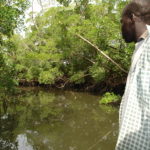
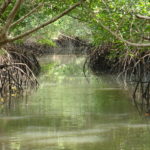
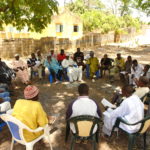
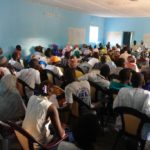
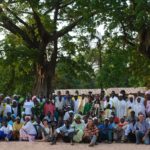
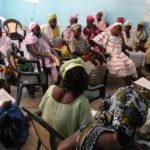
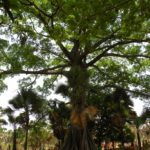
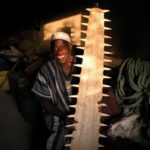
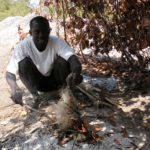
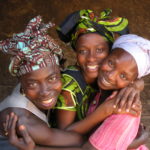
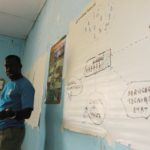
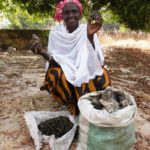
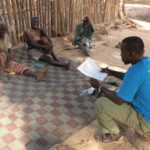
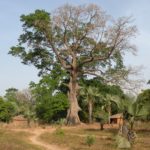
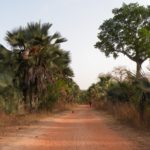
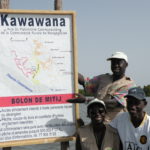
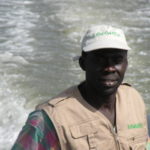
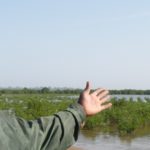
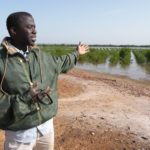
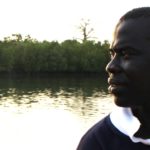
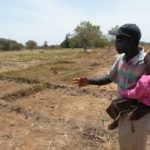
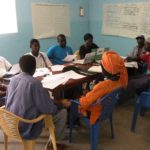
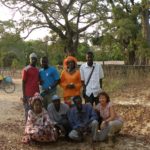
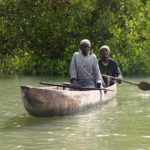
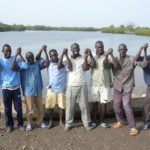
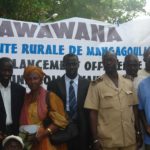
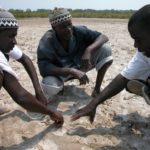
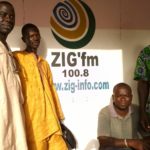



J’ai toujours admiré l’intelligence et la persévérance de cet ami activiste de l’environnement.
je lève le chapeau pour sa sagesse et lui souhaite bon vent.